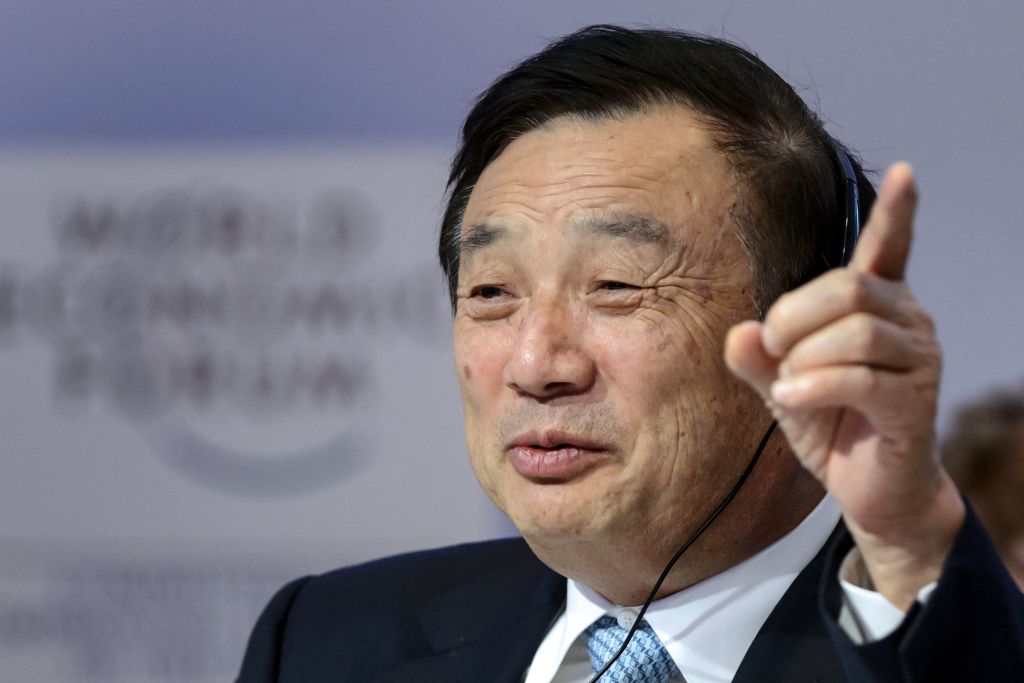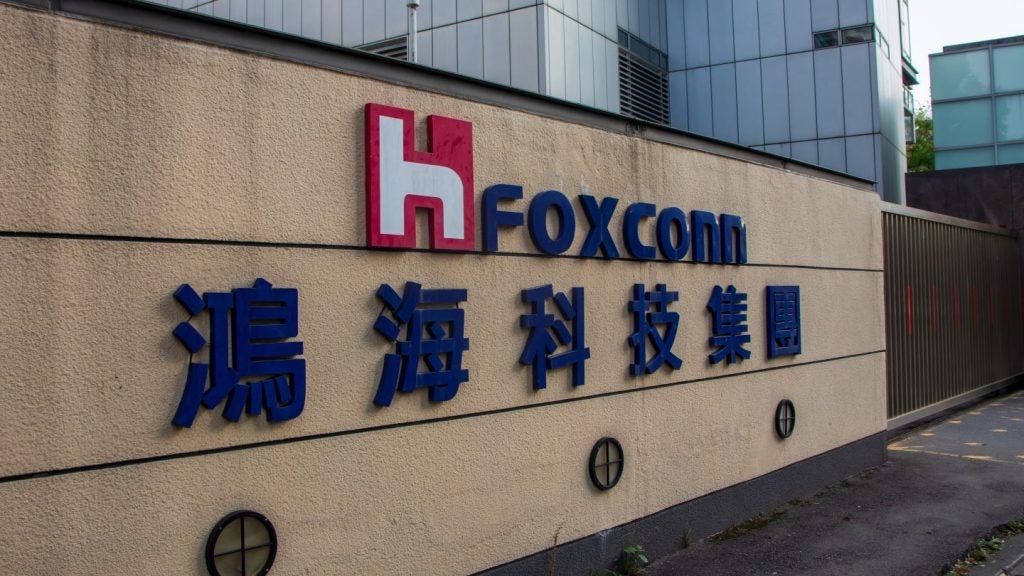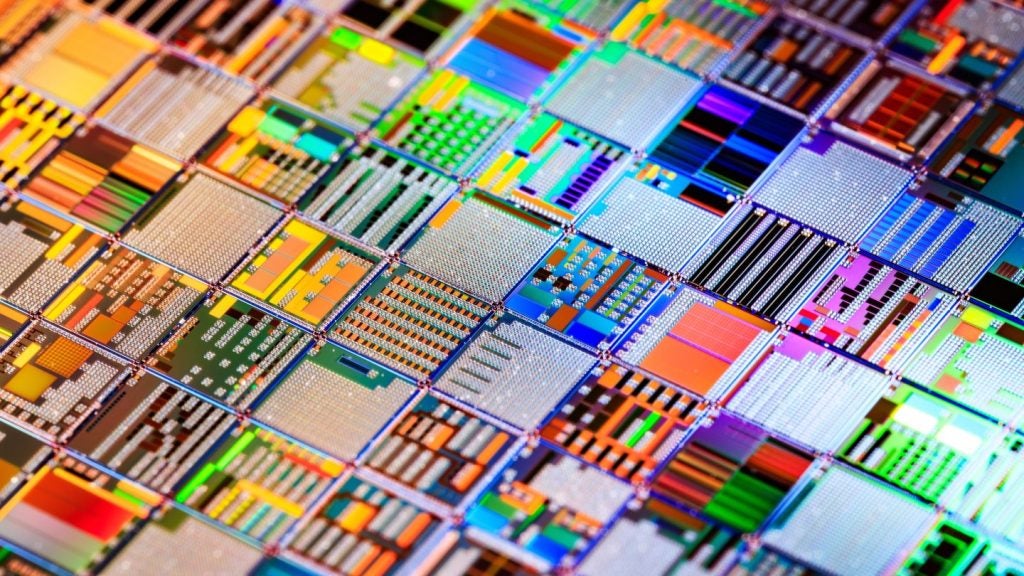
In his latest motivational speech, the founder and CEO of Chinese tech giant Huawei, Ren Zhengfei, told his employees to keep fighting until “no one dares to bully us”. Crippled by US sanctions, the company is now trying to diversify its portfolio beyond its traditional markets with the establishment of five new business units, dubbed its five new “legions”.
The 77-year-old CEO, known for using military terms and philosophical metaphors, presented the new strategy while telling his employees that “peace is achieved through battle” and that Huawei would keep fighting to achieve a peaceful environment for the next 30 years.
Handicapped by US sanctions, the company is moving away from networking equipment and mobile handsets, and into new areas. In March, Huawei announced its coal and mining “legion”, which aims to implement tech solutions to make the industry – known for its dangerous and dirty working conditions – safer and cleaner.
Last month, the company announced another four “legions” that will focus on customs and ports, smart highways, data centres and solar power. The intention is to use the company’s 5G expertise and network technology to accelerate the digitalisation of these industries.
Huawei has been one of the most high-profile casualties in the crossfire between the US and China amid rising tensions.
In 2019, Donald Trump’s administration placed the company on the so-called Entity List, effectively cutting it off from accessing semiconductors and other technology with any US involvement.
How well do you really know your competitors?
Access the most comprehensive Company Profiles on the market, powered by GlobalData. Save hours of research. Gain competitive edge.

Thank you!
Your download email will arrive shortly
Not ready to buy yet? Download a free sample
We are confident about the unique quality of our Company Profiles. However, we want you to make the most beneficial decision for your business, so we offer a free sample that you can download by submitting the below form
By GlobalDataIts inability to access the necessary chips has severely impacted Huawei’s bottom line. In 2020, It saw its revenue in the US drop 24.5% to $60.24bn, while in Europe, returns decreased by 12.2% to $27.5bn.
In addition, Huawei’s 5G equipment has been banned in many countries due to its supposed links to the Chinese government. The company has been accused by multiple nations, including the US and the UK, of assisting the Chinese state in foreign espionage operations by building hidden backdoors into its technology, particularly its 5G equipment.
In his speech, Ren set out Huawei’s ambition to prepare for battle, saying that “we will enjoy the eternal glory as the sun and the moon” if employees contributed their lives to the country and its people. He also said the workforce will be admired in “Earth and Heaven if they can be reborn like a phoenix”.
The political undertone is clear with Ren adding that “we are fighting for ourselves and for our country”. Amid ongoing international geopolitical tensions, Huawei has increasingly become a symbol of nationalism for many Chinese citizens.
When Ren’s daughter, who is also Huawei’s chief financial officer, Meng Wanzhou, returned to China after a two-year extradition trial in Canada, she was welcomed at the airport by a crowd of supporters celebrating her homecoming.
On the US side, the tone of speech is also stark.
“The full force of the US apparatus is now aimed at China,” Paul Schulte, a former US National Security Council analyst, recently told Nikkei Asia. “The war on terror is over. The war on China has started. The systems will be unplugged one by one.”
As the relationship between China and the US hits its lowest point in decades, it seems unlikely that sanctions placed on Huawei will be lifted anytime soon.
Earlier this year, Ren said that he did not know whether US President Joe Biden would remove the sanctions affecting the company’s revenue stream. However, he was keen to state that the company could survive amid the restrictions.
As a result, Huawei has been forced to diversify its business portfolio, entering areas less dependent on semiconductors.
The company has also made it clear recently that it will spare no expense when recruiting international talent. “We must open our minds, emancipate our minds and dare to attract the best talents in the world,” Ren said during an internal meeting in August.
GlobalData’s job analytics dashboard showed a spike in new hires by Huawei in July. Positions were filled primarily in Europe and Asia, with Turkey, Hungary, Japan and Finland topping the list.
By the end of 2020, the company had 197,000 agents worldwide, according to GlobalData’s Intelligence Center.







